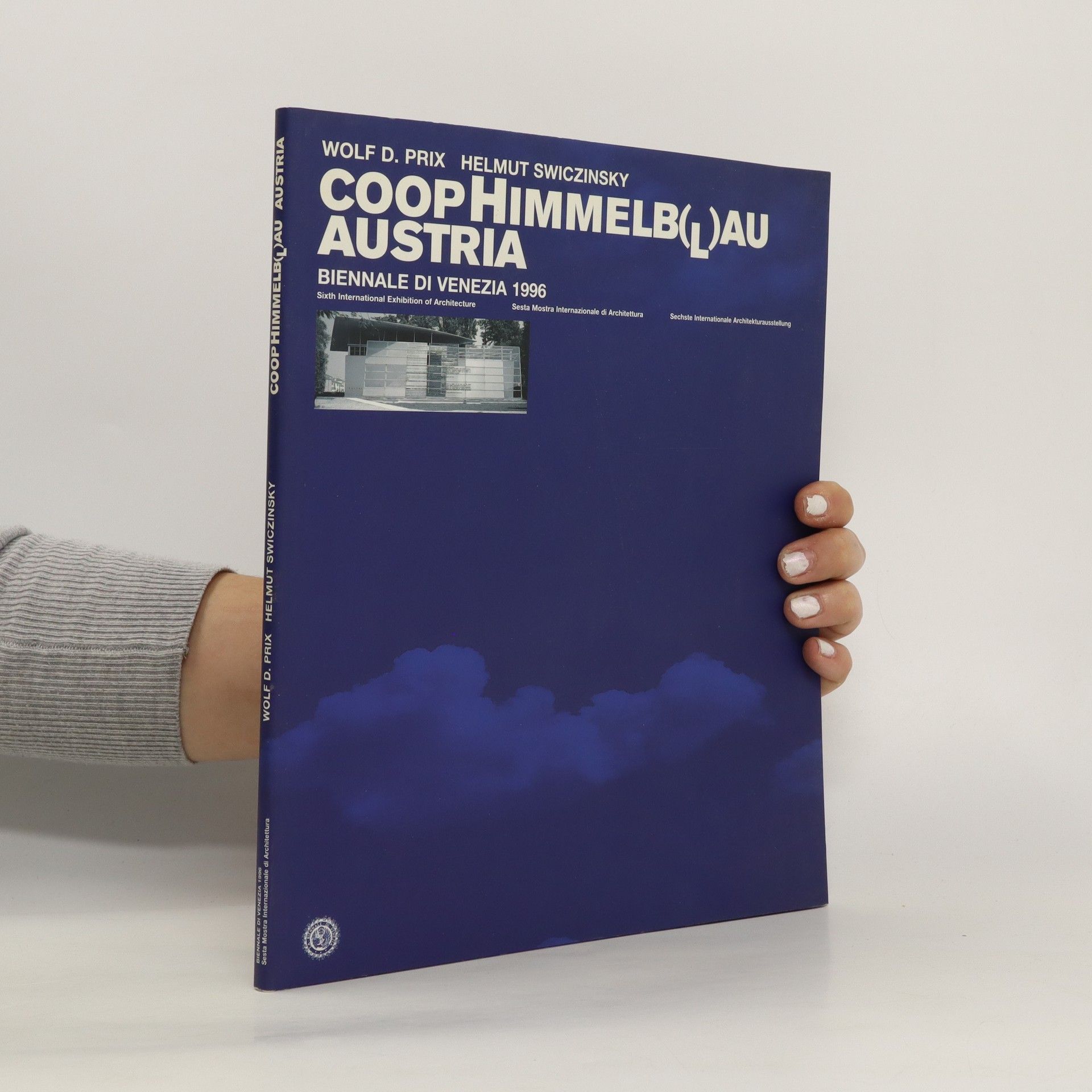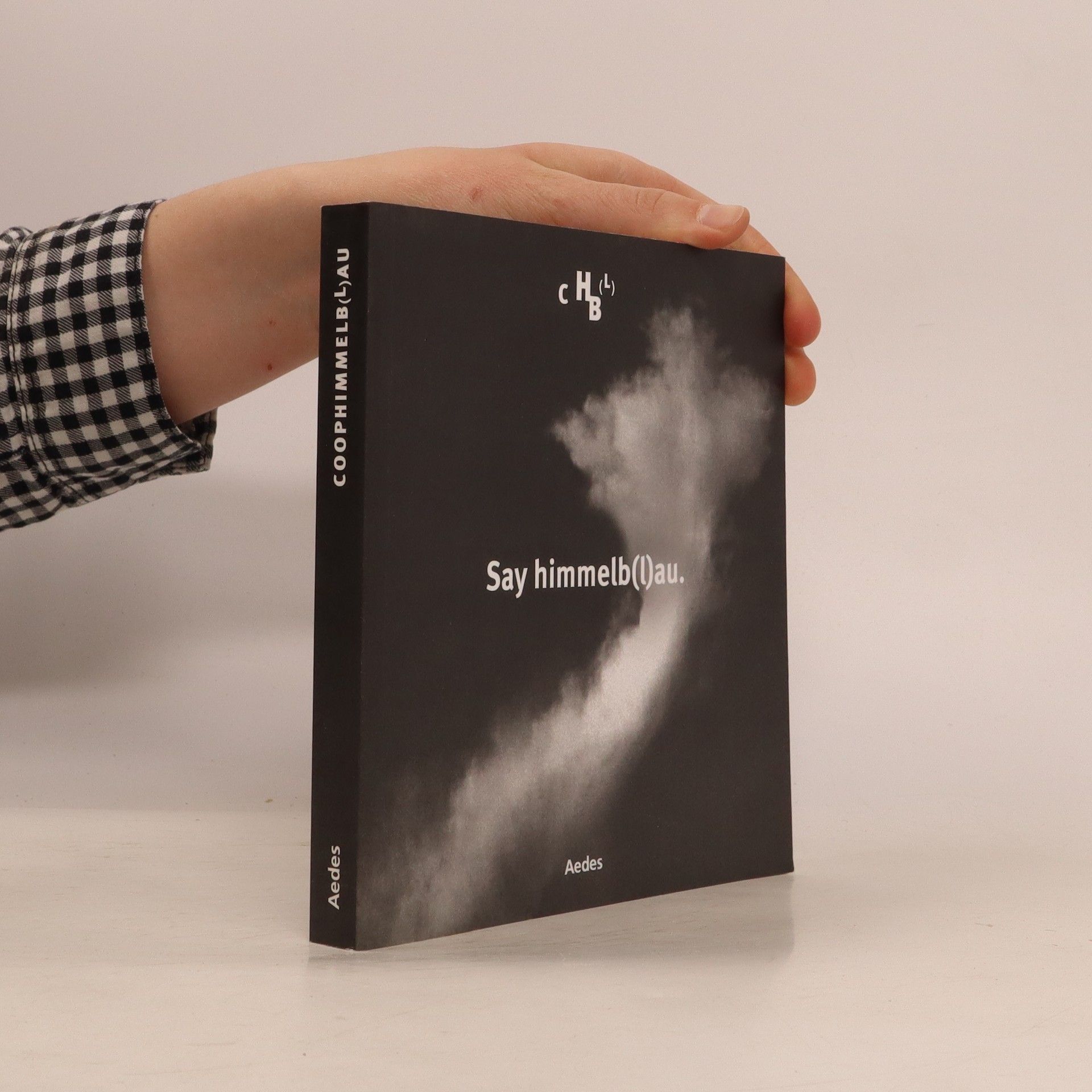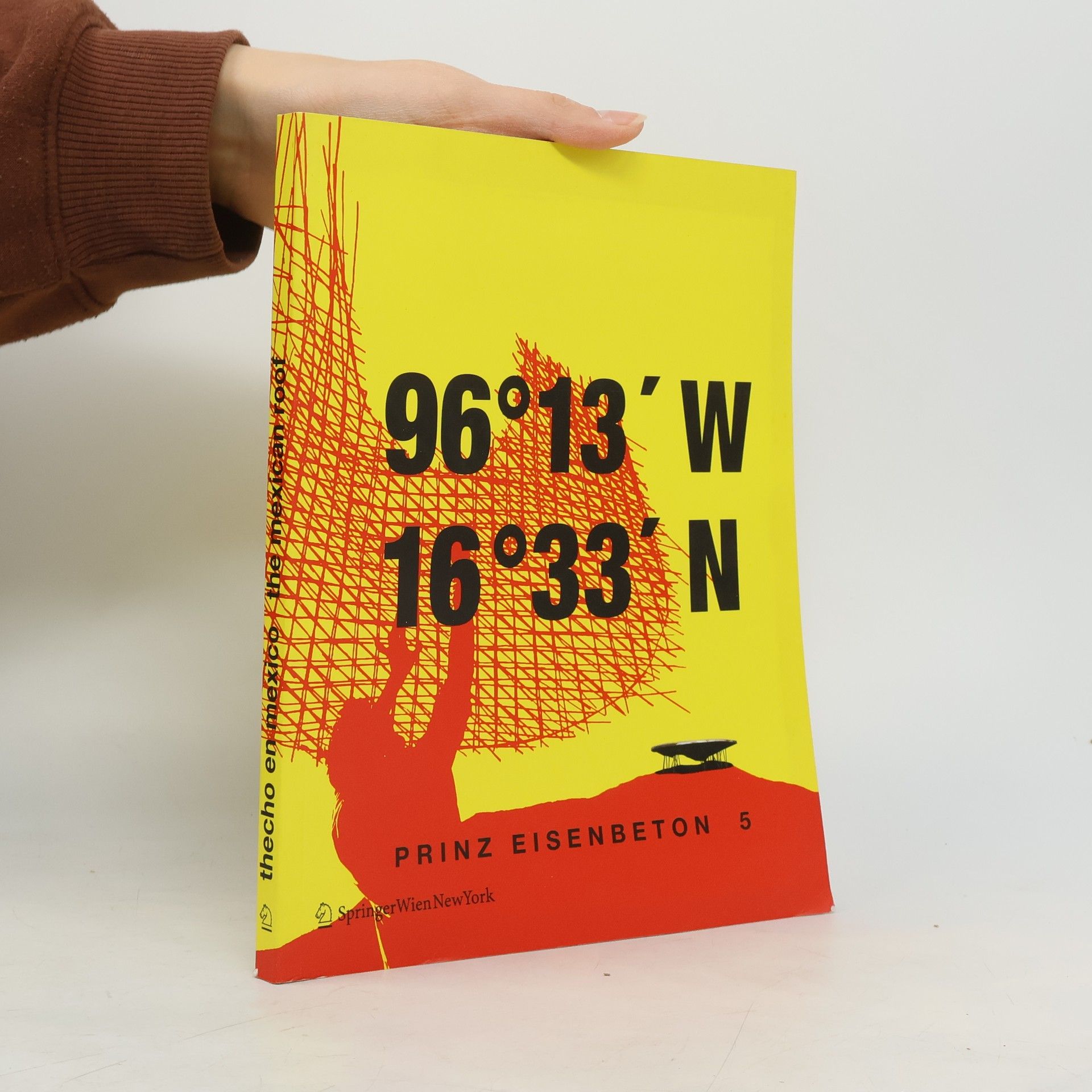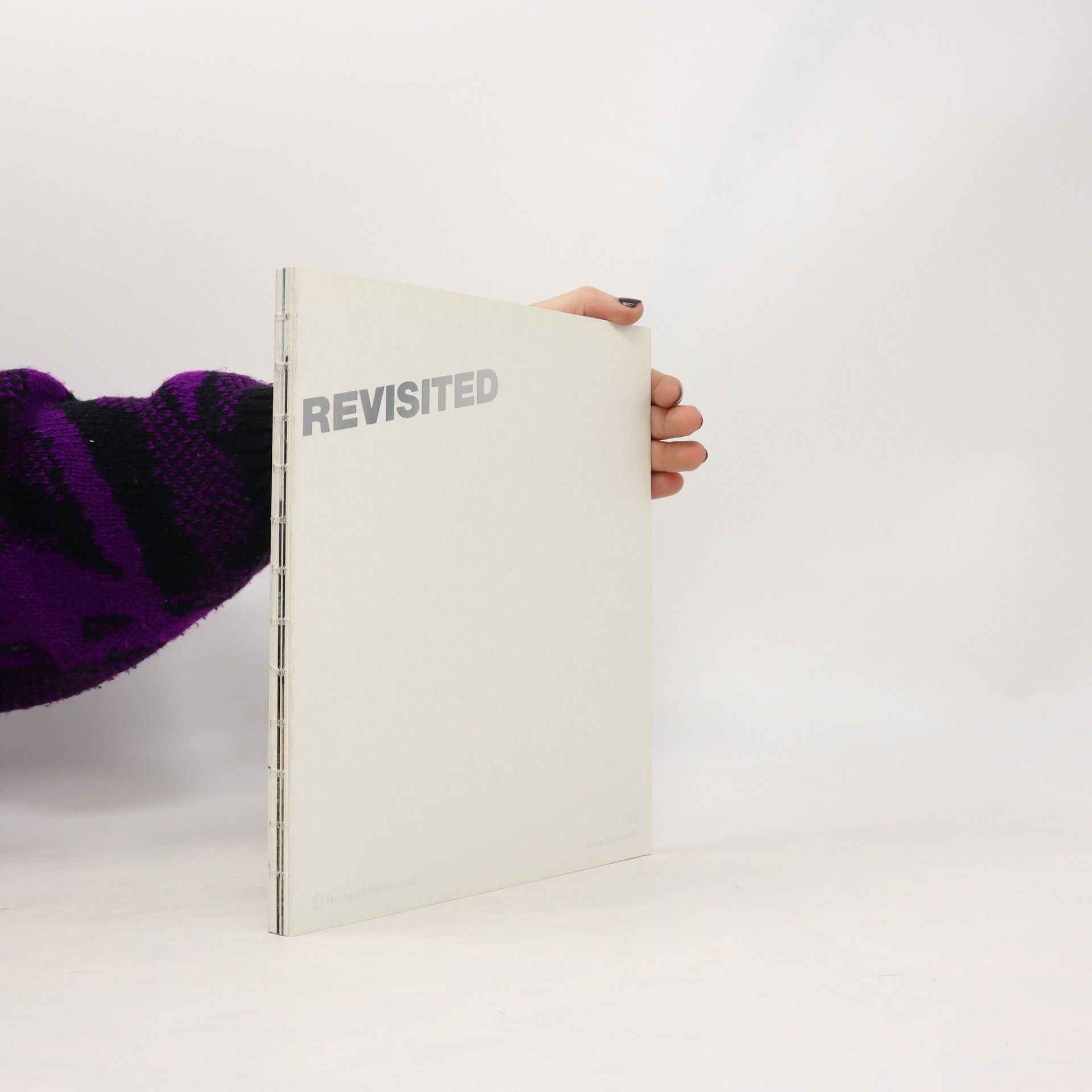The Mexican Roof Revisited (Techo en Mexico 2)
- 133 pages
- 5 hours of reading
The Mexican Roof Revisited is a sequel volume to the book “The Mexican Roof” (out of print). The former book documented a student’s project of Wolf D. Prix’s class at the University of applied Arts in Vienna. In “The Mexican Roof Revisited” contributors and new fellows met again under the shelter of the roof and discussed the conferences motto SUSTAINABILITY VS AESTHETICS. The book contains a visual essay on the roof and it’s construction as well as a complete documentation of the discussion between Raimund Abraham, Rozana Montiel, Wolf D. Prix, Carl Pruscha, Mauricio Rocha, Michael Rotondi. Additionally a conversation between Wolf D. Prix and Günter Feuerstein, moderated by Wojciech Czaja will be featured.




